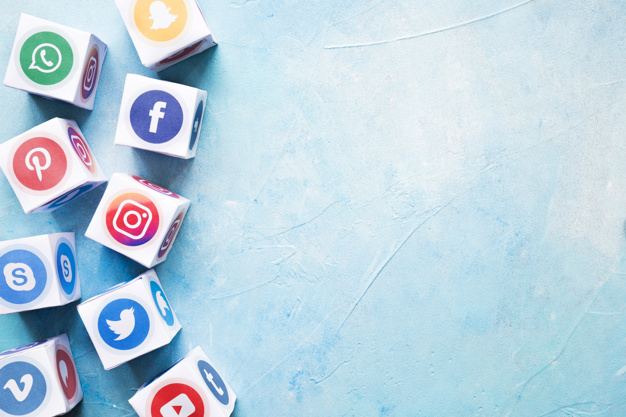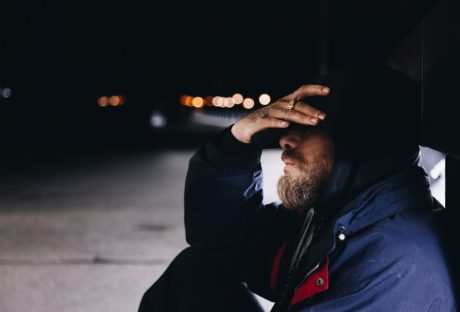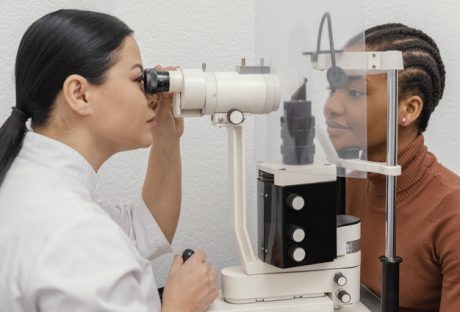Sixty-two minutes – that’s how often a person dies from an eating disorder. That’s almost one person per hour.
There are many resources discussing how to treat these conditions, but discussing how to prevent eating disorders is just as important. Not only to prevent them from occurring the first time but to prevent relapse.
Around the world, millions of people suffer from some type of eating disorder. Although the numbers are alarming, it also means they don’t have to suffer alone.
If you’re seeking help for yourself of a loved one, read more about how to prevent eating disorders below.
What Is an Eating Disorder:

Before you can recognize the signs of an eating disorder, or eating disorder relapse, it’s necessary to understand the disease.
This condition is a mental disorder that affects eating habits, but it can take a variety of methods. The well-known ones include binge eating disorder, anorexia nervosa, and bulimia nervosa. However, there is also pica, rumination disorder, avoidant/restrictive food intake disorder, and other specific conditions.
It can be difficult talking to parents about eating disorders, or anyone in your support group because the disease is so complex.
How to Prevent Eating Disorders:
As a mental disorder, it takes a large amount of mental power to recognize the signs of an eating disorder. Maintaining awareness of your mental health is crucial to the task.
Social Media Control:

Bringing people together is one of the benefits of social media. However, persuasive language and depictions of what is beautiful can harm our mental health.
One way to prevent eating disorders is to control your social media consumption. Weed through your social media accounts and eliminate anything that triggers eating disorder symptoms. You can replace these negative influences with positive ones like cute and funny animal accounts or inspirational content.
Recognizing Size Discrimination:
Unfortunately, size discrimination exists and is a huge part of the prevalence of eating disorders. To take control of your condition, learn to recognize this harmful influence and work to fight it.
It can feel empowering to fight against weight-based jokes, be inclusive of all sizes in your environment, and disconnect the association between weight and wellness.
Practicing Body Positivity:
Cultivating body positivity is a lifelong practice for many people – even those without eating disorders. It often involves controlling your negative thoughts about yourself and replacing them with healthy mantras.
Make a list of your best attributes and post them where you can see it regularly. Instead of focusing on how your body looks, focus on what it can do. Your body is an amazing work of science and evolution that deserves respect.
Health Advice and More:
Recognizing the problem is the hardest step to healing. The next step, reaching out for help, can feel just as hard.
Making it to this article means that you’re halfway there. Don’t forget to take it easy on yourself and celebrate your accomplishments along your journey learning how to prevent eating disorders. There is no achievement too small to praise.
For more health and lifestyle advice, make sure to stop by our page.
Read Also:






















